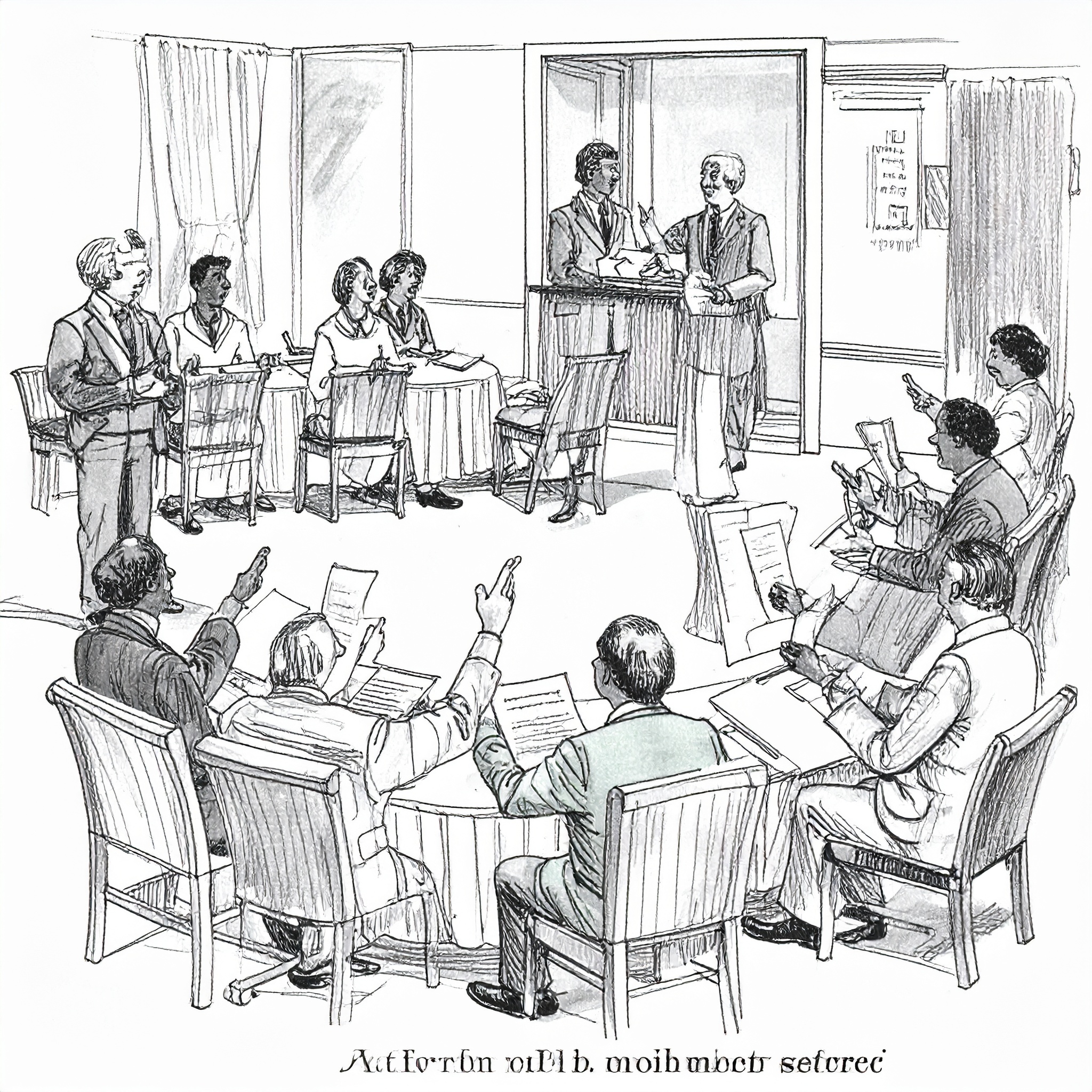When reviewing a residential lease agreement, you’ll often find a section near the end outlining “Prohibited Activities”. These clauses may contain surprisingly detailed restrictions—some of which may seem overly specific or minor at first glance. As a result, many tenants tend to skim through them without full attention.
However, this section is crucial. Understanding the prohibited actions is key to preventing disputes and protecting yourself as a tenant. Violating these terms can result in serious consequences, including contract termination, liability for damages, or even forced eviction.
Therefore, it’s imperative to carefully read and fully comprehend these provisions before signing the lease, particularly in high-end rental agreements where standards of conduct are strictly upheld.
Why Are “Prohibited Activities” Clearly Defined in Lease Agreements?
Prohibited activities refer to specific behavioral restrictions imposed by the property owner or management company, and they form a legally binding part of the lease agreement.
The primary purposes of these clauses include:
-
Ensuring safety and hygiene within the property
-
Preventing conflicts among tenants
-
Protecting the structural integrity and facilities of the building
-
Preserving the landlord’s asset value
These rules serve as baseline standards for maintaining a harmonious and well-managed living environment.
Common Examples of Prohibited Activities in Lease Agreements
Below are typical prohibitions often found in lease contracts and important disclosure documents:
| Prohibited Item | Details |
|---|---|
| Pet Ownership | May prohibit all pets, including small dogs; some allow fish only—varies by property. |
| Playing Musical Instruments | Use of pianos, guitars, or other instruments may be banned or restricted to certain hours. |
| Modifications / DIY | Prohibits actions such as drilling holes, painting walls, or installing shelves. |
| Subleasing or Unauthorized Lodging | Includes renting to others, using for short-term rentals (e.g., Airbnb), or allowing long-term guests without permission. |
| Smoking | Some properties enforce complete no-smoking policies indoors, on balconies, and in shared areas. |
| Improper Garbage Disposal | Violations of local waste-sorting or collection schedules can lead to community issues. |
| Noise and Nuisance | Includes late-night noise, loud music, or monopolizing common spaces. |
Violating any of these provisions may be treated as a breach of contract, and can result in serious consequences. 
Ignorance Is No Excuse
Violating the prohibited terms outlined in a lease agreement can result in serious consequences, including but not limited to:
-
Formal warnings (in writing or by phone)
-
Orders for correction or improvement
-
Termination of lease (i.e., notice of eviction)
-
Forfeiture of security deposit or imposition of penalties
-
Civil litigation (claims for damages)
Particularly in cases such as secretly keeping pets or initiating an unauthorized shared living arrangement, evidence is often easily obtained. These violations frequently lead directly to lease termination.
Pay Attention to Subtle and Ambiguous Clauses
Lease agreements may contain broad or ambiguous language such as:
-
“Prohibited conduct that may disturb neighbors”
-
“Actions that diminish the dignity of the property are not allowed”
-
“Any other behavior deemed inappropriate by the management company”
Although these terms may appear vague at first glance, they are commonly enforced in situations involving noise complaints, foul odors, or lack of cleanliness in shared spaces. In the event of disputes among residents, property management may invoke these clauses to take corrective action.
Essential Questions to Ask Before Signing a Lease
As interpretations of prohibited activities and the level of restrictions can vary by property, it is important to clarify the following questions in advance:
-
Pets: Are there limitations on the type or number of animals allowed?
-
Musical Instruments: Are digital pianos or external speakers permitted?
-
Balcony Usage: Is it acceptable to use the balcony for purposes other than drying laundry (e.g., smoking, gardening)?
-
DIY and Fixtures: Will the use of adhesive tapes or wall hooks be considered a breach of restoration obligations?
-
Guests: Are there any restrictions on having friends stay overnight?
-
Common Areas: Are there specific rules regarding the number of bicycles or placement of strollers?
→ It is advisable to document these inquiries via email or written correspondence, as they may serve as evidence in case of future disputes.
Three Key Practices to Prevent Disputes
-
Thoroughly review all “Prohibited Conduct” clauses in the lease before signing, and seek clarification on any unclear terms.
-
Always obtain and retain written documentation of any explanations—avoid relying solely on verbal communication.
-
Regularly review the property’s rulebook and posted notices, even after moving in.
This is particularly crucial for international residents, as Japan’s unique standards for communal living and lifestyle etiquette may differ significantly from those in other countries.
Rules as a Shield: Protecting Your Right to a Comfortable Home
Prohibited clauses are not merely a list of restrictions. They represent the essential framework for protecting your right to reside and maintaining a high standard of living.
Violating these rules may expose tenants to the risk of lease termination or even liability for damages. Conversely, abiding by them provides a strong foundation for asserting your position should any disputes arise.
When reviewing a lease agreement, it is vital to go beyond just rent, lease duration, and renewal terms.
Be sure to read the sections detailing prohibited conduct—doing so is the first step toward a secure and enduring tenancy.




